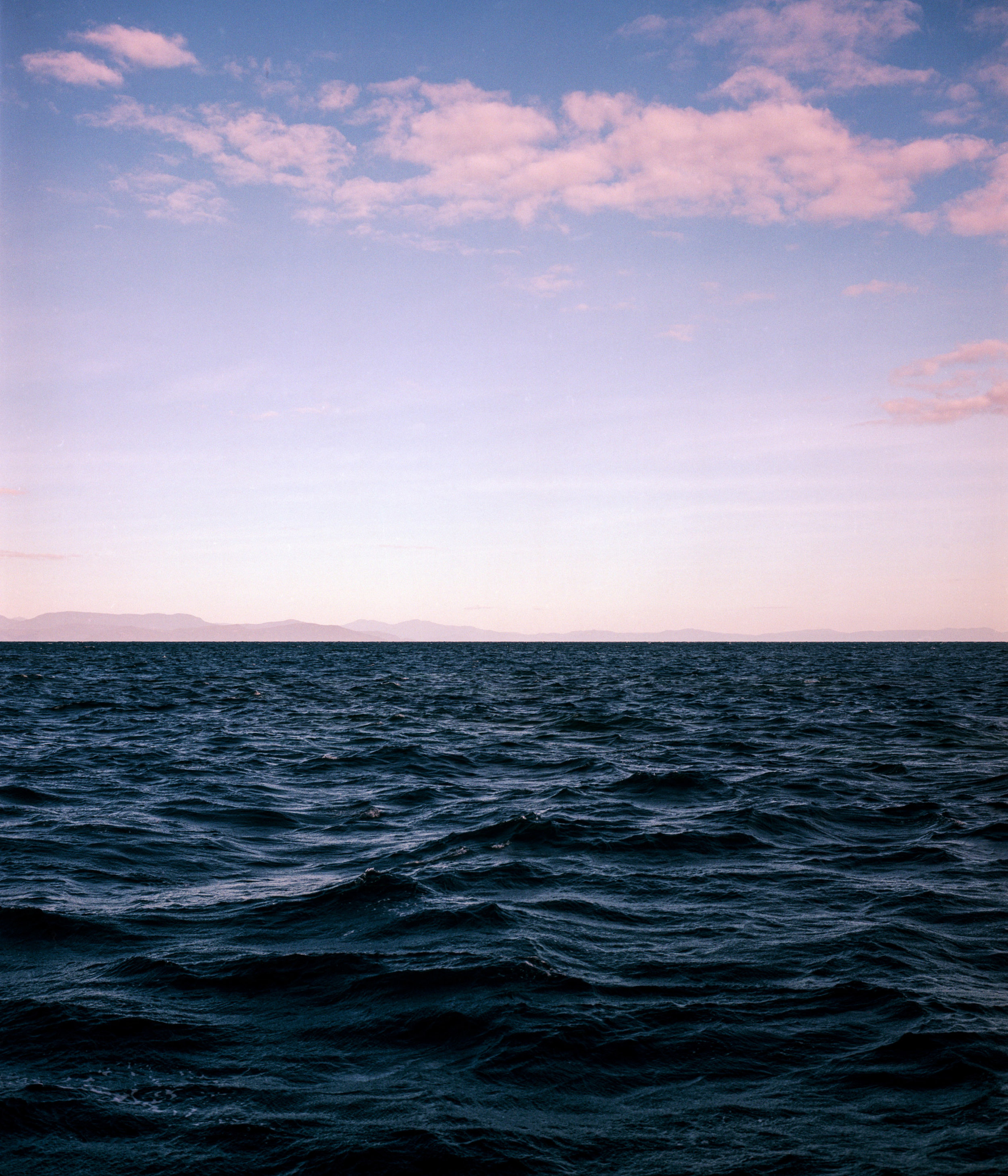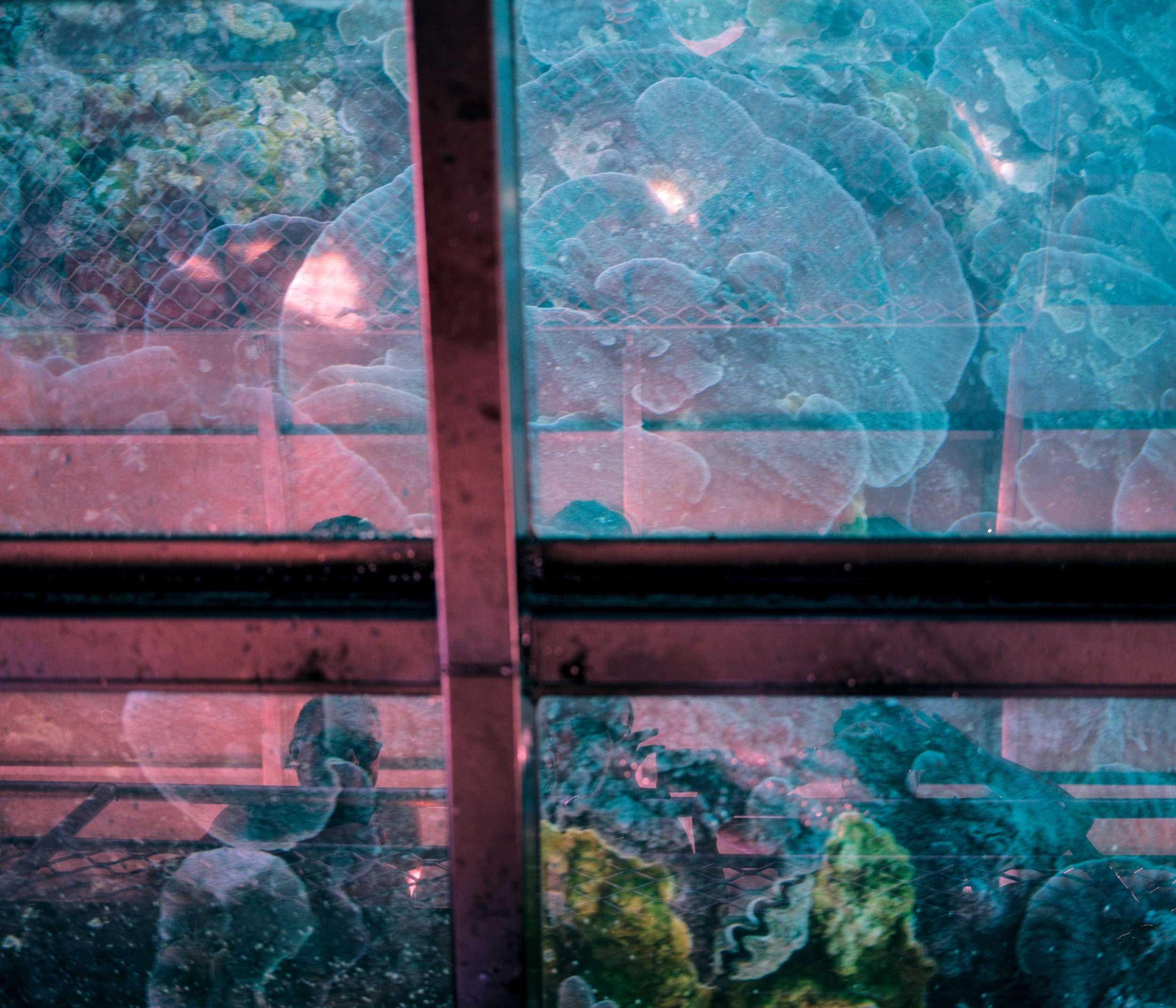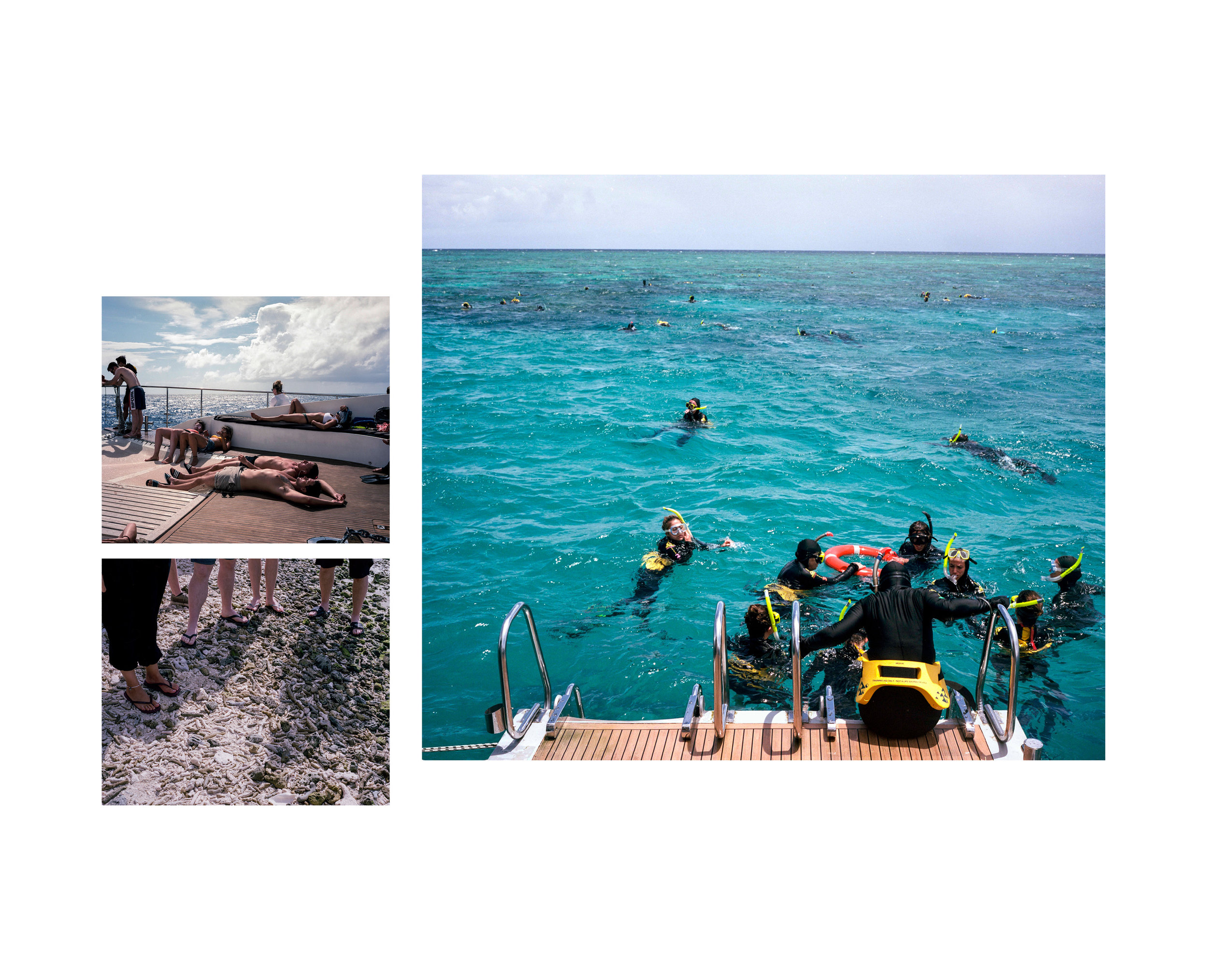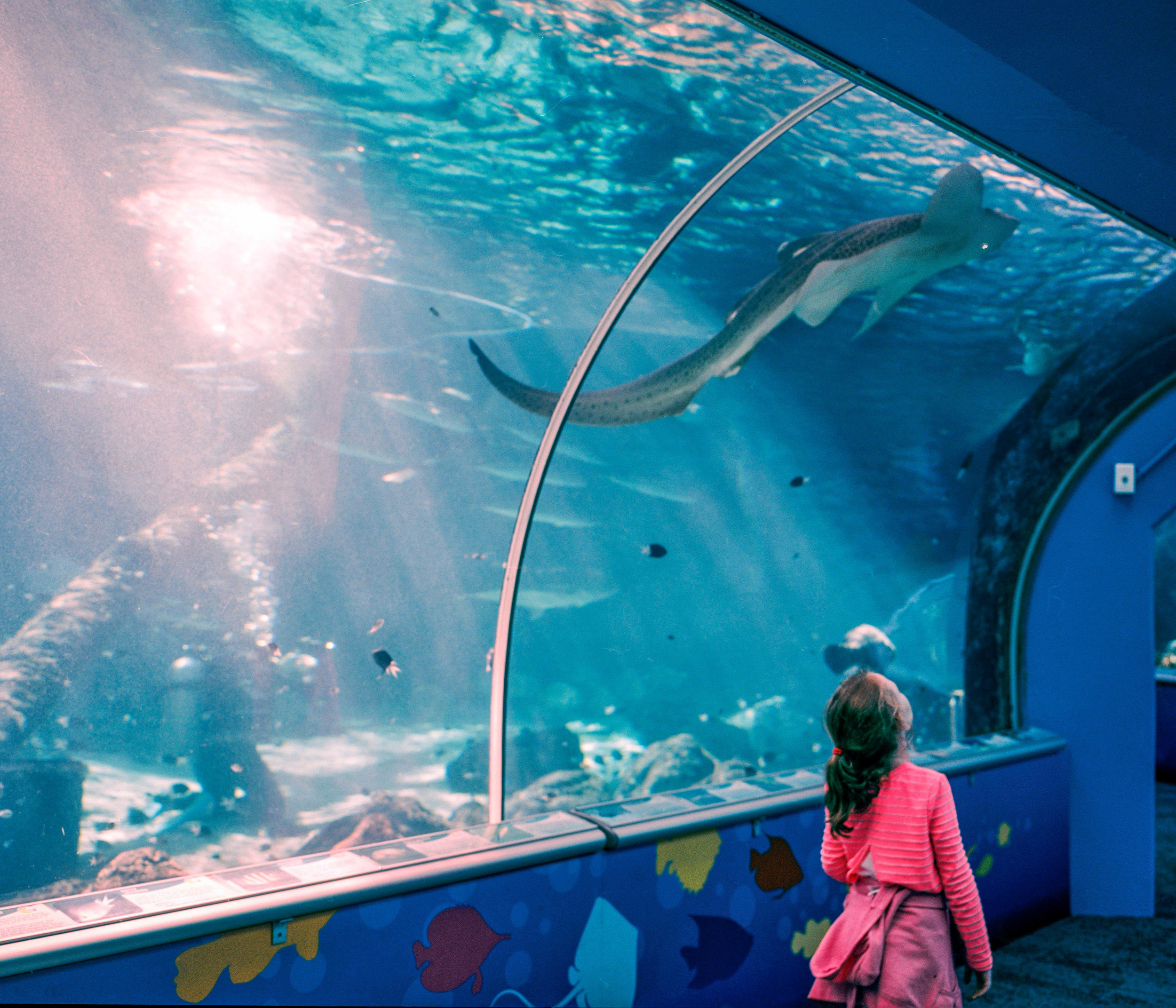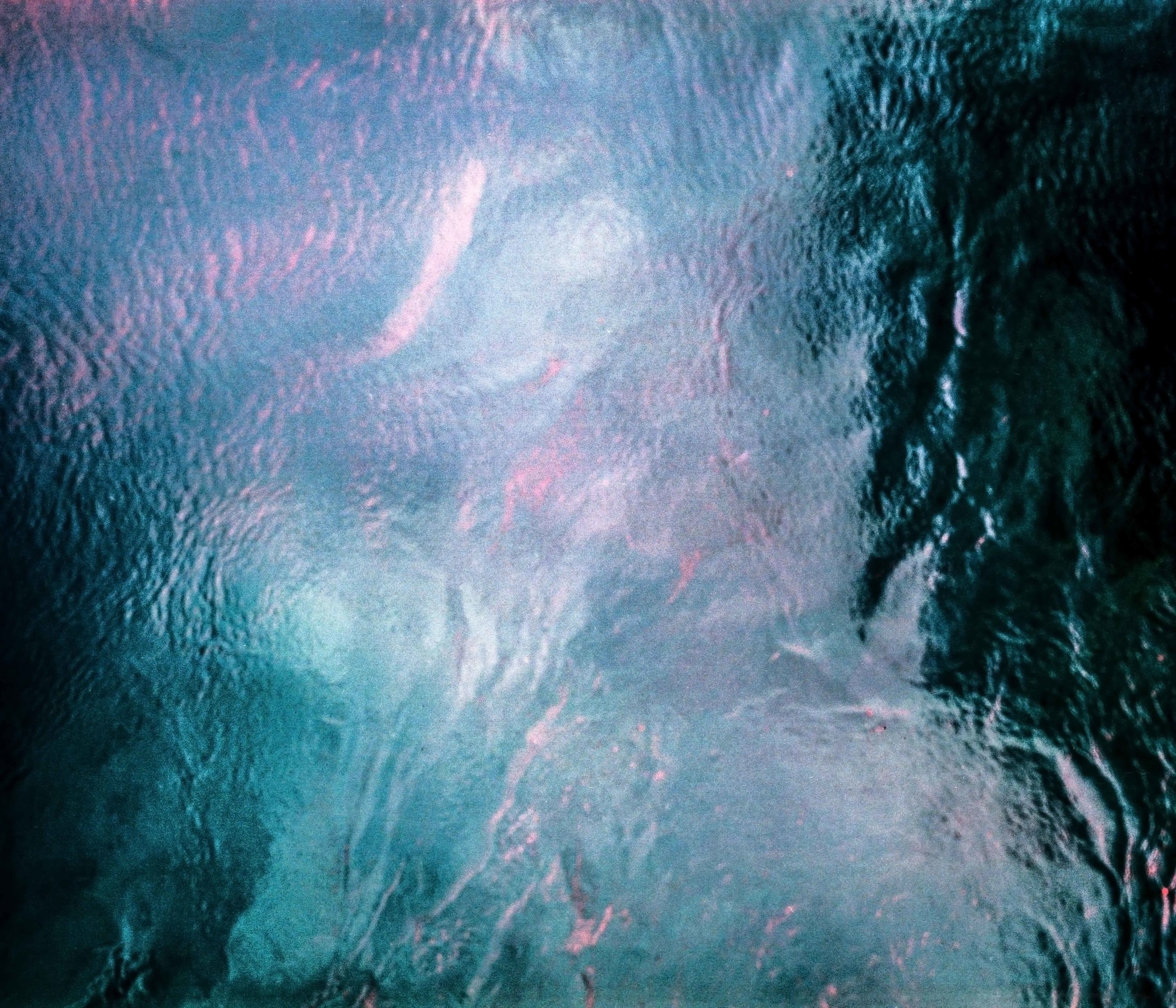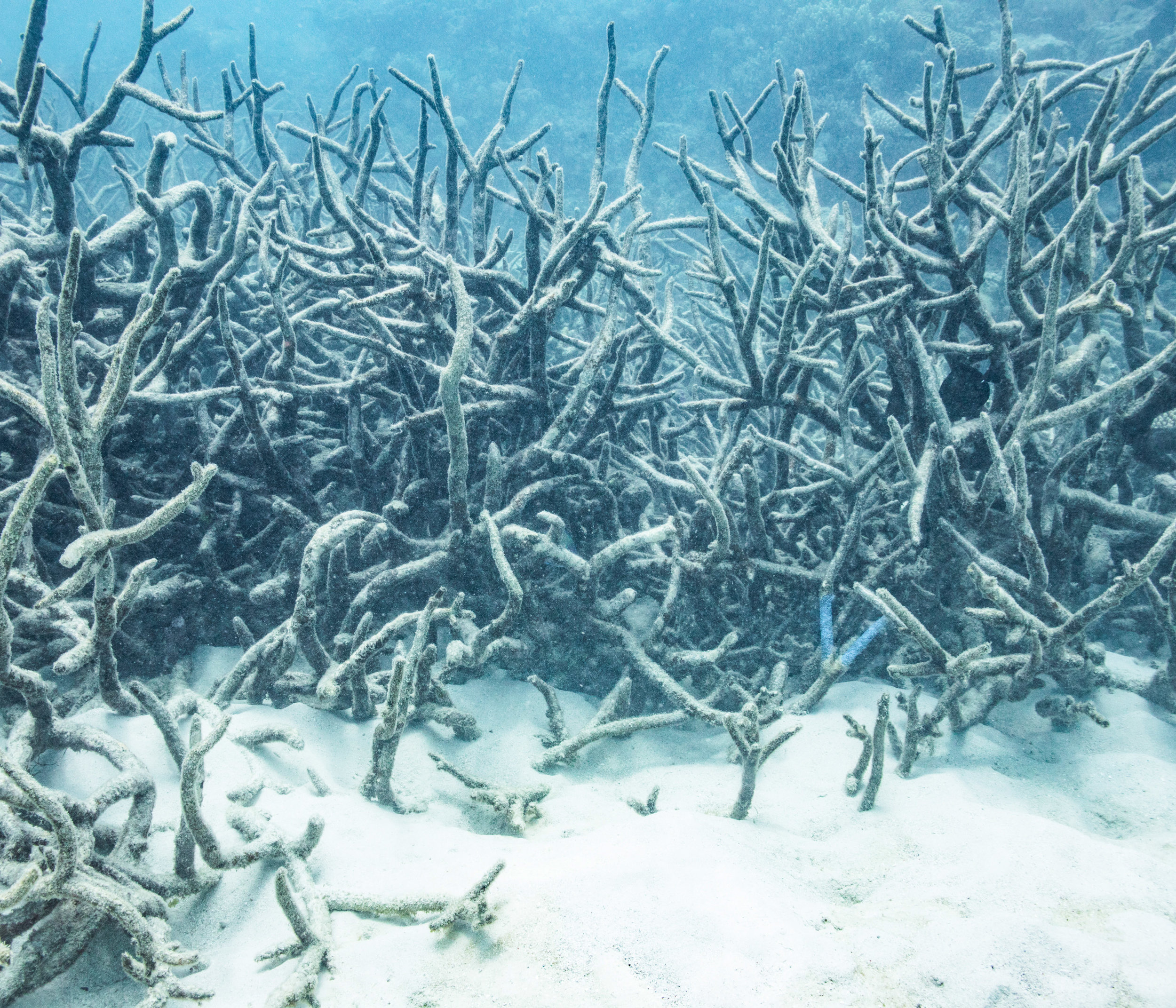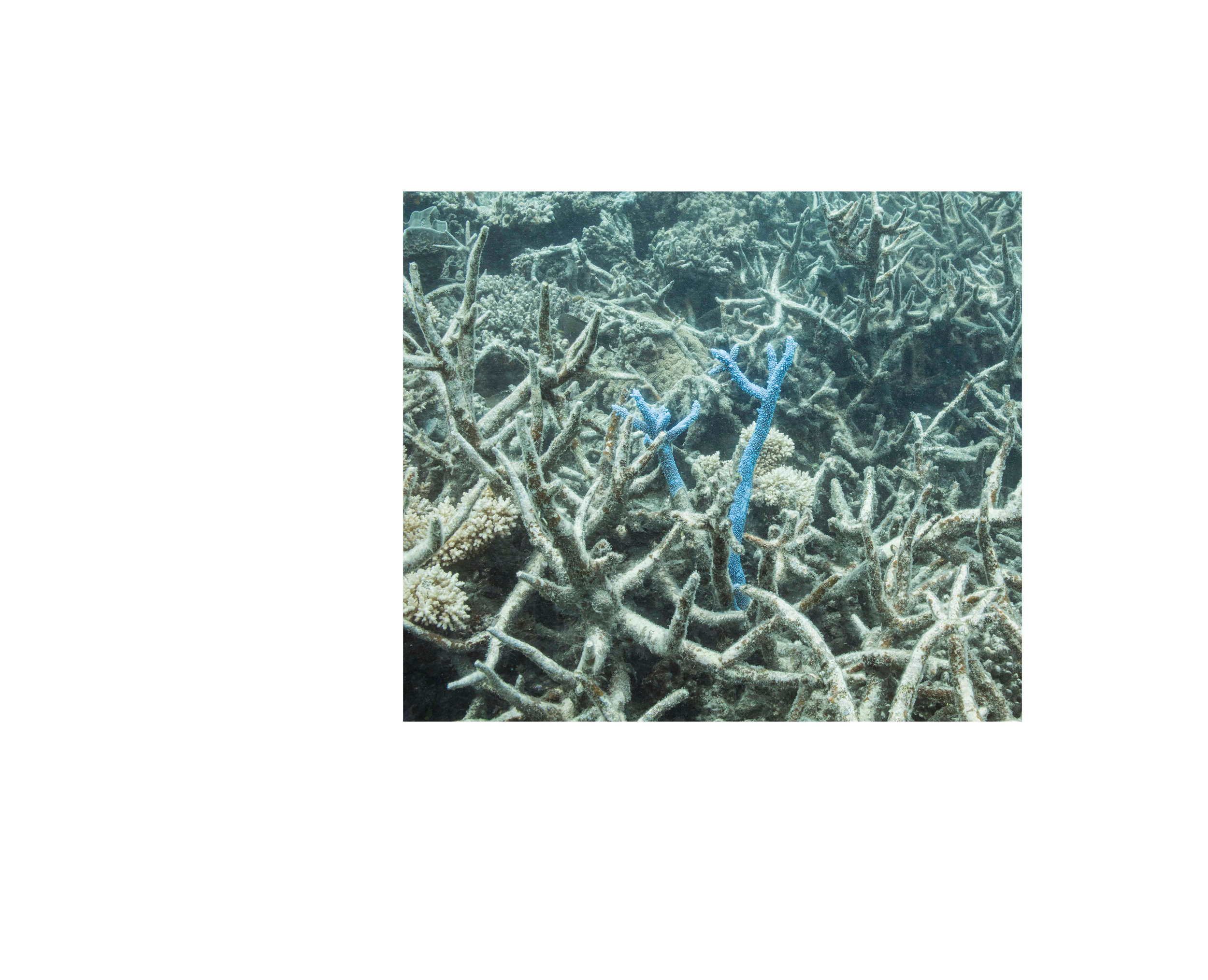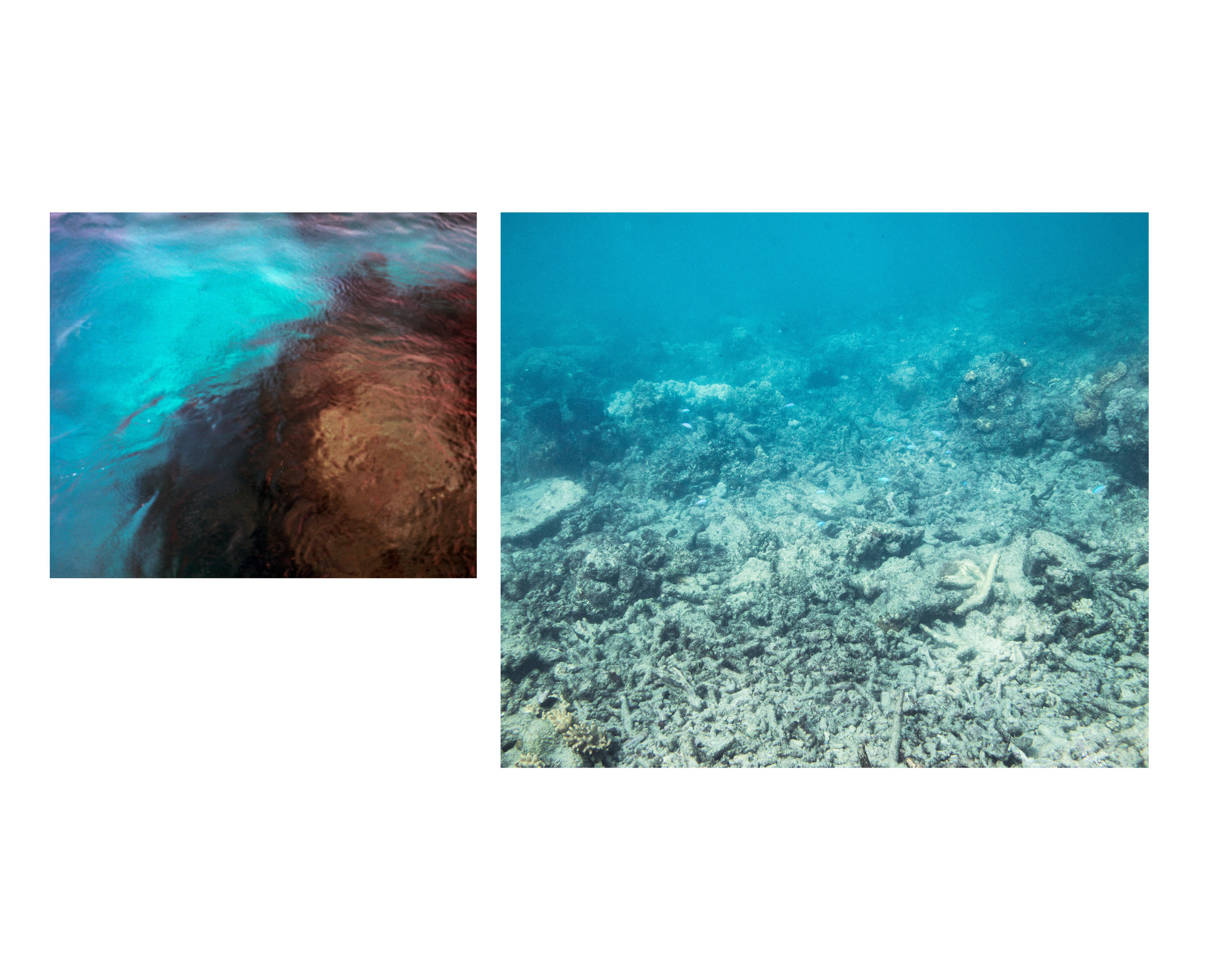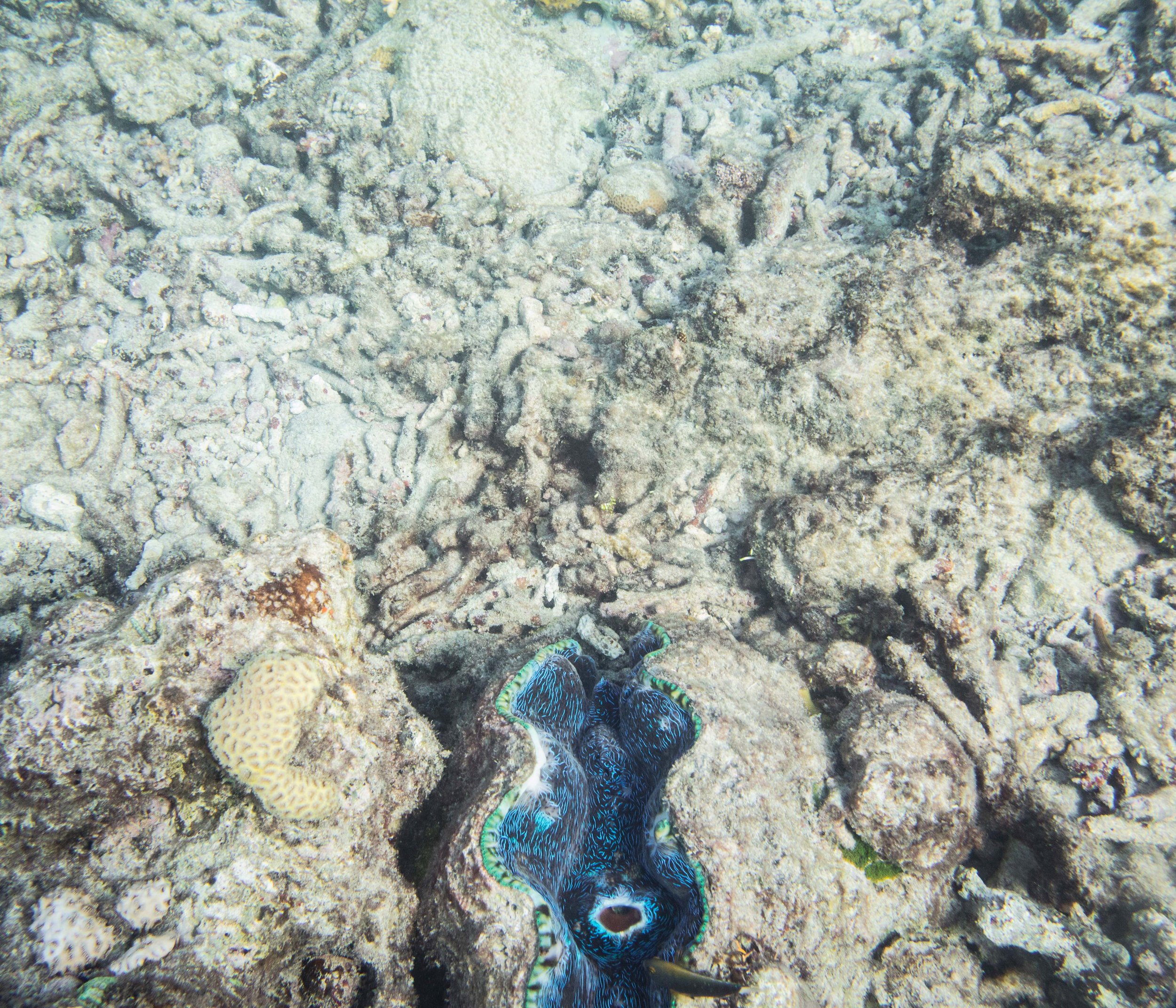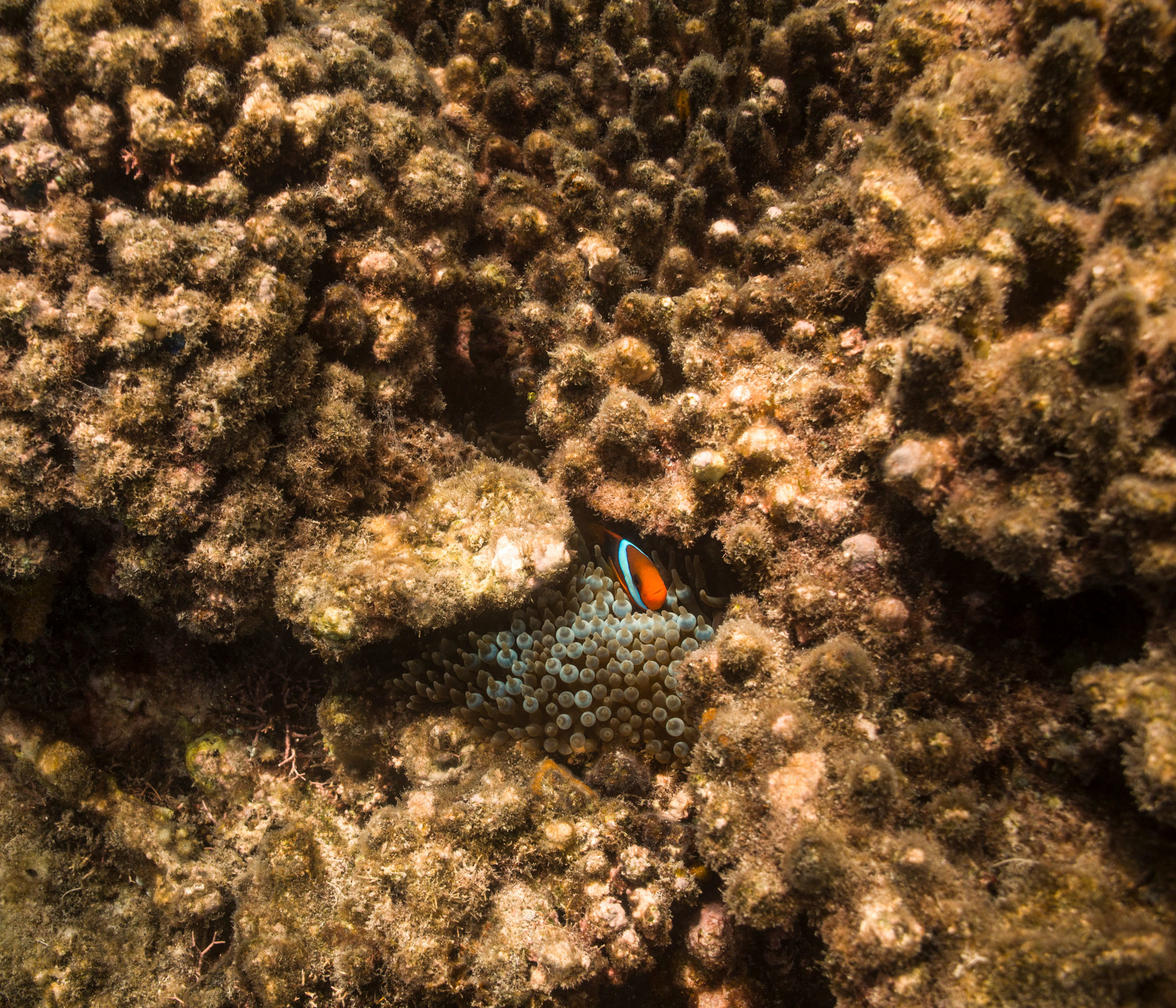Claudia Schildknecht
See You Later, Zooxanthellae!
We see the ocean as something unlimited and unimaginable, the last great wilderness on our planet. We carry this idea with us when we first encounter a coral reef diving; never seen organisms and shapes, fearsome reef sharks and elegant turtles swimming by leisurely. The impression arises that the underwater world is still wild and untouched. The theory of the Shifting Baseline is incredibly important to consider in regards of the 6th mass extinction. The human memory is a tricky and very subjective thing. When you see something very infrequently, it‘s hard to remember how it was. Unfortunately, when the reefs around the world were the most pristine, there wasn‘t any photo or video. It was pretty much a selected few of people who had the opportunity to see how the reefs were, before all these impacts of the anthropocene started to accumulate. The political inaction in the last 20 years in regards of the ocean‘s conservation was as well due to the theory Shifting Baseline. People just didn‘t know what the pristine state of a coral reef was and didn‘t realise which part was already missing. Many reefs have suffered serious damage in the human age, the Anthropocene. Rising water temperatures affect corals in particular. The first global coral bleaching occurred in 1998. The next one followed in 2002. Although researchers do not predict annual global coral bleaching until 2040/50, a global bleaching event in 2016 was followed by another one in 2017. Due to a lack of political intervention, researchers currently expect the reefs to disappear worldwide by the middle of the century. If we lose coral reefs, we lose the rainforest of the sea. We would lose 25% of the fish that live in this "underwater rainforest“, leaving large marine animals without food. We would lose staple food sources from the sea, on which 400 million people depend every day. We would lose the seemingly last big wilderness on our planet, which has not been it anymore for a long time.
Claudia Schildknecht
Claudia Schildknecht (b. 1990) is a freelance tattoo artist and visual storyteller based in Lucerne and Saint Gall, Switzerland. She graduated in 2016 from the Camera Arts program in Lucerne. Her visual long-term projects mainly focusing on environmental and social issues. She got under the finalist of the VFG Young Talent Award and exhibited at different festivals in Europe. She‘s also working in two art collectives: "Kulturkonsumente“ and "Haus zur Ameise“.
